Professor
Molecular and Cell Biology Laboratory
J.W. Kieckhefer Foundation Chair
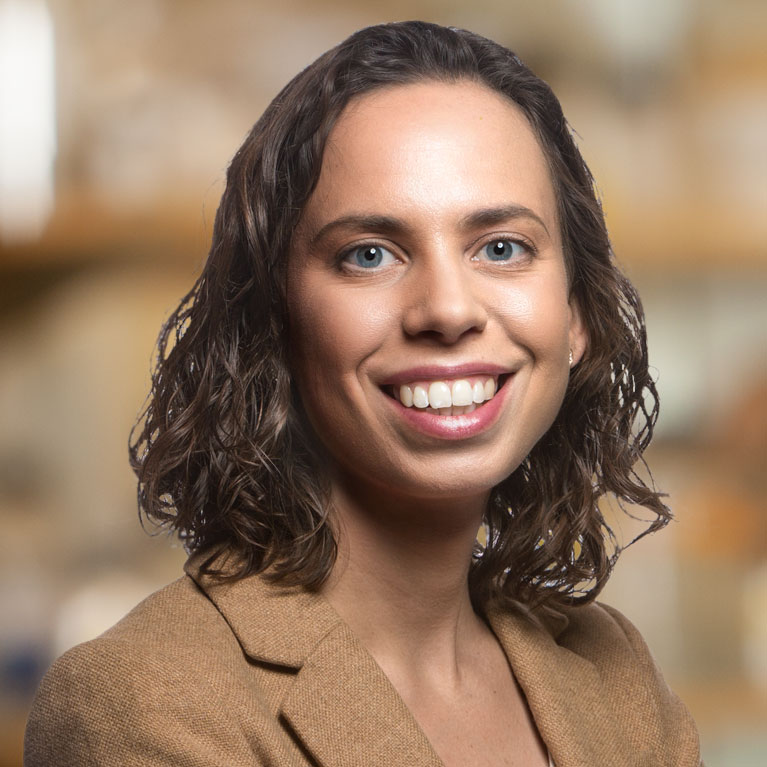
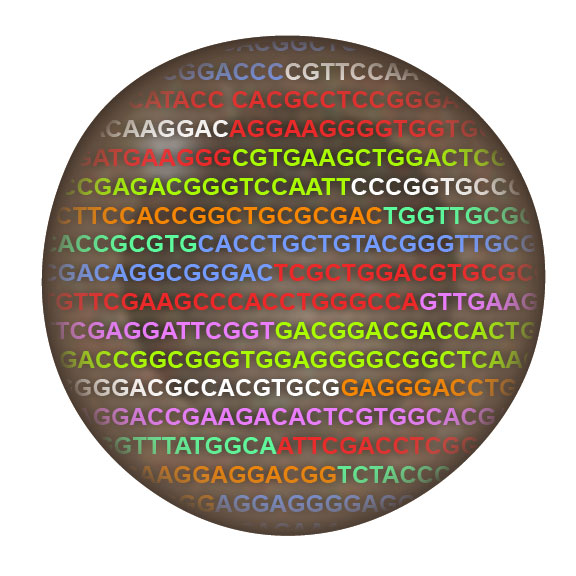
Our bodies are comprised of several hundred different cell types, yet each cell possesses the same genetic material. This diversity arises from selectively activating genes that are particular to each cell type, whether it is skin, liver or brain. This activation is achieved by proteins called epigenetic regulators, which work to make specific regions of our genome more or less accessible to transcription. Unlike our fixed genome, epigenetic regulation is dynamic and reversible, allowing cells to respond to developmental and environmental cues. Mutations in epigenetic regulators are also commonly found in cancers. But how epigenetic regulators know which genes to turn on when – and how mutations disrupt this process to cause cancer – is not fully understood.
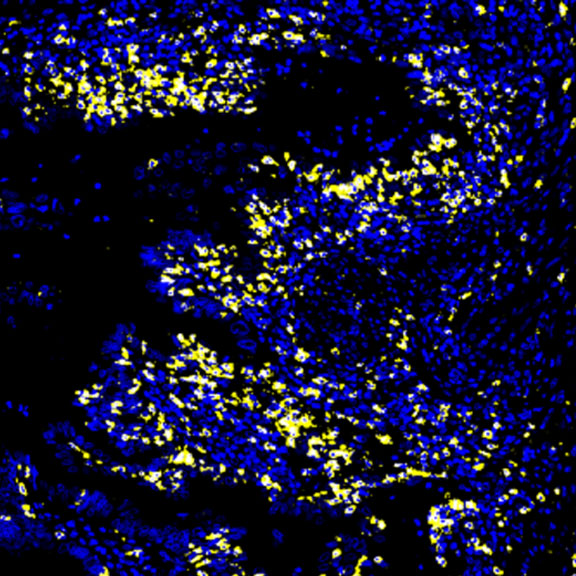
Diana Hargreaves studies a particular epigenetic regulator, the BAF complex, which uses energy to unpack and unwind DNA from structural proteins to alter DNA accessibility and, in turn, gene transcription. Her group has identified novel BAF complex variants and new roles for the BAF complex in cancer and inflammation. Her lab has found that BAF complexes control immune cell function through interactions with transcription factors and other epigenetic machinery. Additionally, her lab explores how BAF complex mutations in cancer affect therapeutic response, specifically to immunotherapies, and how BAF complex inhibitors may be used for cancer therapy. Hargreaves brings her knowledge of epigenetic regulation and molecular biology to investigate these properties in models of cancer and immune cell activation.
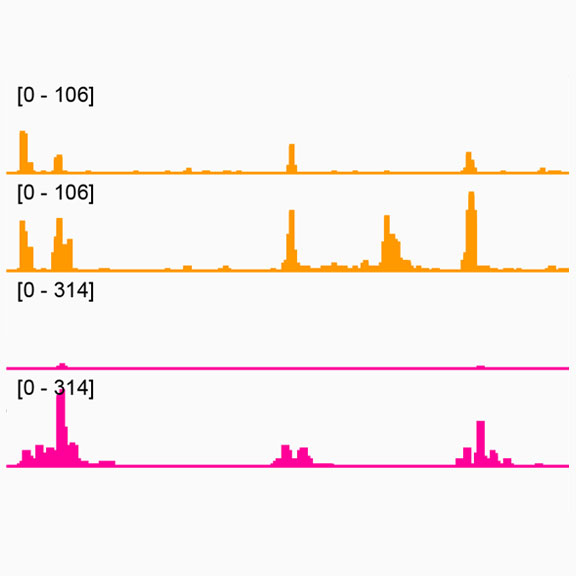
Hargreaves has demonstrated that the BAF complex is an essential regulator of gene enhancers, which are important for the expression of genes involved in T cell and macrophage activation.
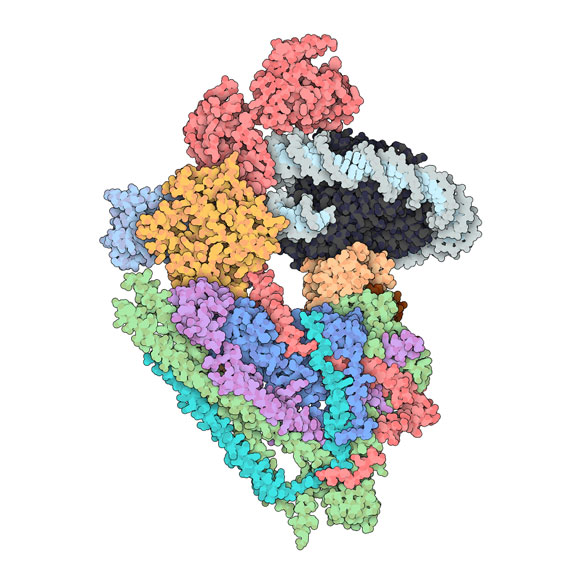
Hargreaves discovered a non-canonical form of the BAF complex, which underlies the essential activity of the complex in inflammatory gene expression.
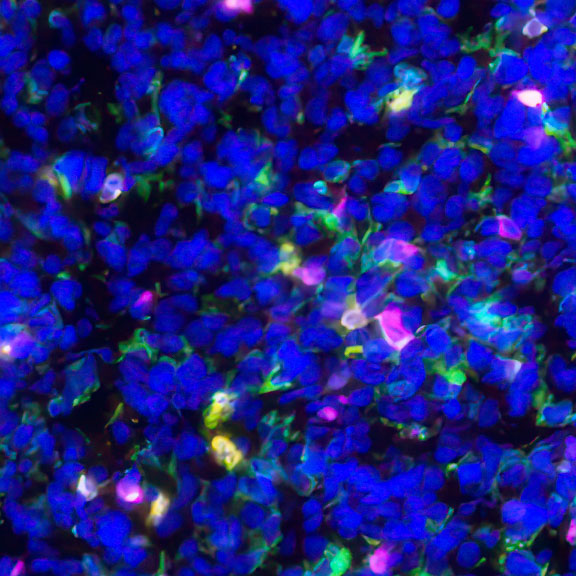
Hargreaves showed that BAF complexes are mutated in greater than 20% of all human cancers. Her work has demonstrated that mutations in the ARID1A subunit confer sensitivity to cancer immunotherapy, highlighting ARID1A mutation as a potential biomarker of therapeutic response.
BS, Chemistry and Biochemistry, Haverford College
PhD, Department of Immunobiology, Yale University
Postdoctoral Fellowship, Department of Developmental Biology, Stanford University